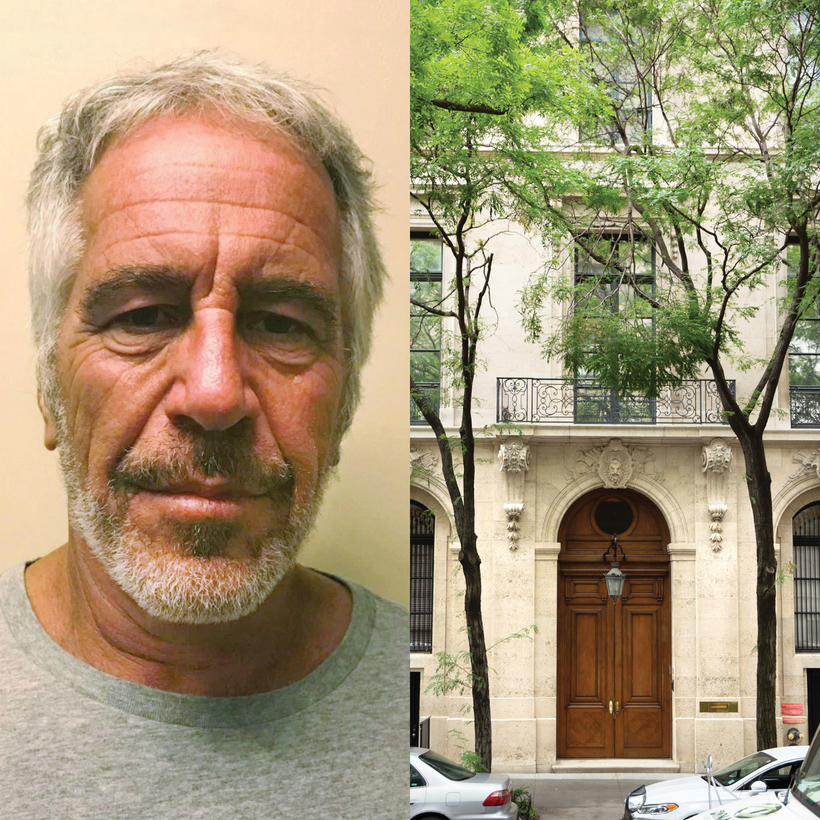The penthouse at 133 East 64th Street had the typical trappings of a luxury New York City apartment: a wraparound terrace, an elliptical staircase, a baby-grand Steinway piano. But unlike most listings, a federal agent lurked in the corner during showings.
In the summer of 2009, months after Bernie Madoff pleaded guilty to orchestrating the largest Ponzi scheme in history, the federal government seized the fraudster’s Upper East Side pre-war co-op, which he had shared with his wife, Ruth. That September, the apartment hit the market.

